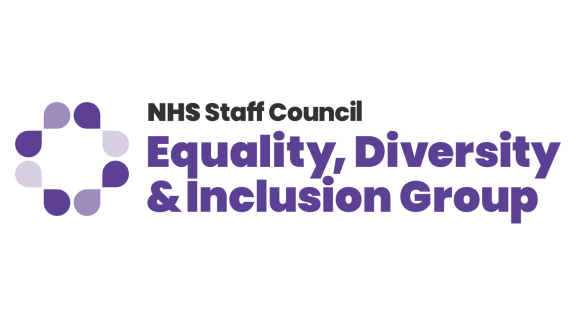Faith and belief in the NHS research findings
Between March and April 2023, NHS Employers worked with Dr YingFei Héliot from the University of Surrey to research and understand how faith and belief staff networks are coordinated within the NHS and their impact on staff wellbeing. The research also looked at religious expression at work and access to prayer spaces.
The findings from phase one of the project are based on survey responses from over 2,000 NHS staff, of which 73 per cent described themselves as having a religion (compared to NHS Digital data which records 61 per cent of NHS staff as having a religious belief). This survey was completed prior to the riots in the summer of 2024, which impacted staff working in the NHS, particularly those who visibly represent, or are perceived to represent, a religious group. The insights from this survey show the importance in supporting colleagues’ religious expression, something that is more significant in a climate of violence, antisemitism, racism and islamophobia.
Note: This data is presented as a snapshot of the views of those working in the service. Further research is taking place in phase two and will include all NHS trusts and more diversity in religion and occupational groups. To take part in the research visit our faith and belief survey web page.
Five actions for employers
- Support your staff through the development, implementation and running of faith and belief staff networks.
- Staff networks provide a critical forum for individuals to come together, share ideas, raise awareness of challenges and provide support. These should be open to all staff, regardless of their religious affiliation.
- Support religious expression at work and the discussion of any blockers to this. Religious expression can include the discussion of personal faith or the wearing of religious clothing, symbols or jewellery. Supporting religious expression could be through regular awareness-raising activities and campaigns, enabling staff to feel comfortable expressing their beliefs in the workplace.
- Line managers, chaplains, co-workers and senior leaders should support staff who require access to a prayer room or quiet space, subject to service needs. This includes showing a willingness to discuss colleagues’ needs and actively trying to find a suitable space.
- The visible involvement of senior leaders in discussions about faith can help create work environments where staff can bring their whole self to work.
Access further information and resources
- Visit our religion, dress codes and chaplaincy page to access guidance and resources to help NHS organisations manage religious diversity within their workplace.
- Read guidance published by the NHS Staff Council's Equality, Diversity and Inclusion Group on improving staff equality networks through partnership working.
- Access this toolkit published by NHS England on developing your NHS staff network.
- Find out about NHS England's Chaplaincy Programme, learn more about healthcare chaplaincy and download their chaplaincy guidelines.



